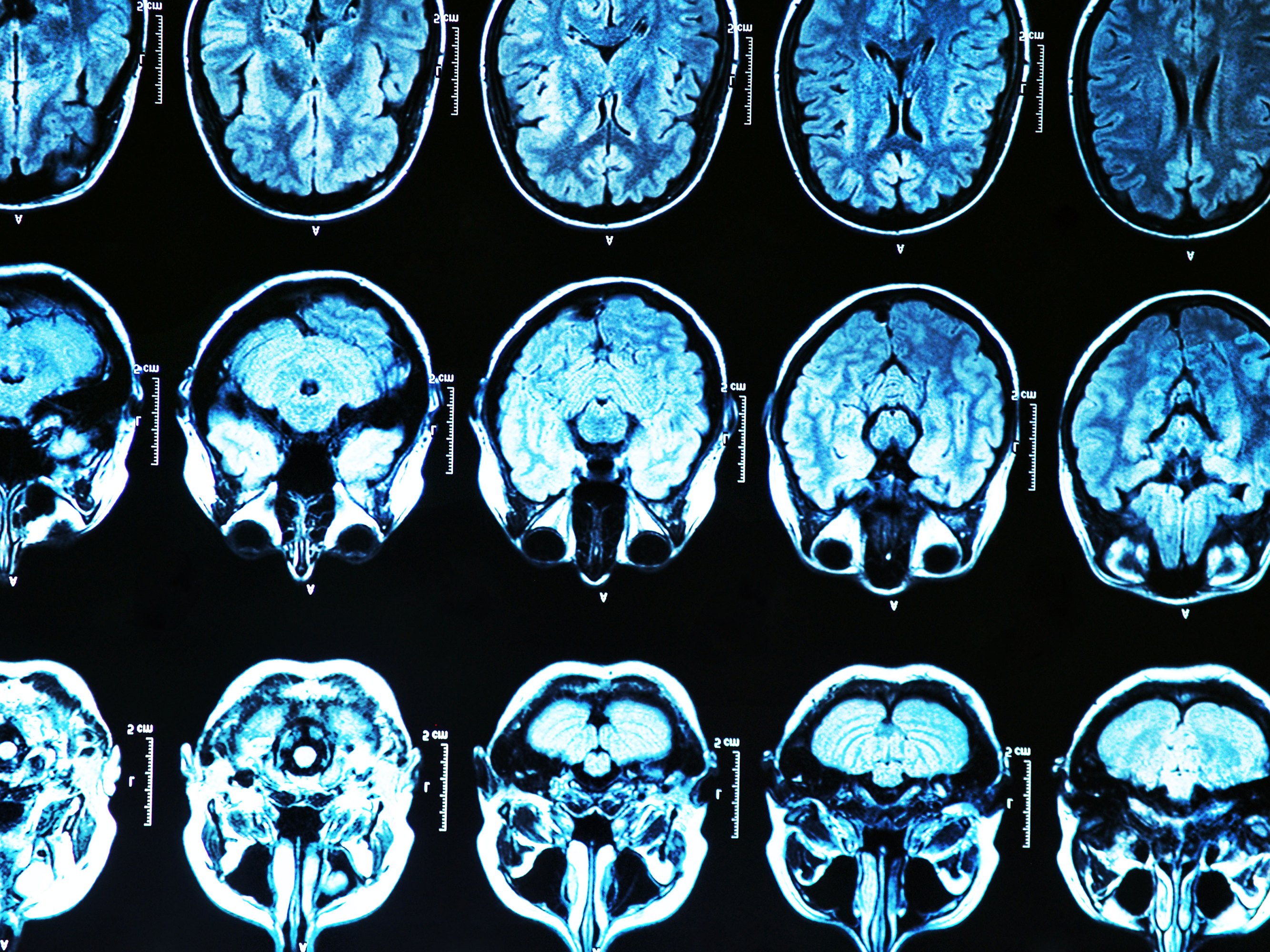Alzheimer's disease is a degenerative disorder that affects memory, thinking, and behavior. The functional decline of this disease results in physical and cognitive difficulties that severely impact the individual and their family. Alzheimer's stem cells offer a way for sufferers to regain some semblance of normal functioning and hope for a more happy future. In this article, we will explore the condition and treatment for this devastating brain condition.
The symptoms of Alzheimer's disease can be difficult to pin down. Early onset Alzheimer's is often more severe and slower to progress than late-onset Alzheimer's, which can make it difficult to know when to seek medical help. However, there are some key indicators that may suggest you or a loved one is at risk for the condition. Stem cell therapy is the best treatment for AD.

image source: google
One hallmark of Alzheimer's is the memory loss that can occur as the disease progresses. People with early-onset Alzheimer's may experience difficulty recalling recent events, while those with late-onset Alzheimer's may struggle to remember basic information such as their names or how to do simple tasks. In addition, people with Alzheimer's may become increasingly confused and agitated as their disease worsens.
Alzheimer's also affects the brain's ability to transmit nerve impulses. As this process deteriorates, people with the condition may experience difficulty walking, speaking, and reasoning. Additionally, they may develop pseudodementia – a state in which they appear normal on the outside but have lost touch with reality on some level.